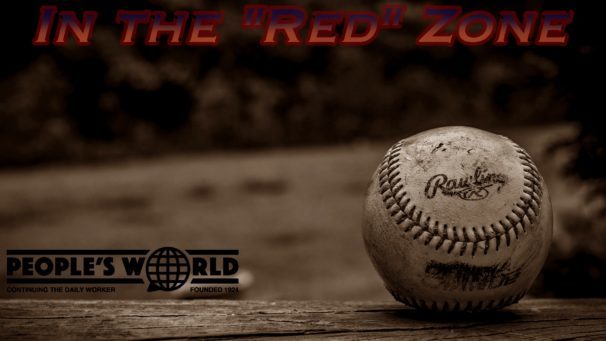
Michigan fans needed a win.
After facing national outrage over the Larry Nassar sexual assault case—Nassar was former physician at Michigan State—followed by the state university’s resistance to legislation that would extend protection for victims of sexual abuse, fans needed something, anything, to celebrate. 
That moment never showed up.
Villanova beat Michigan 79-62 in the NCAA national championship game Monday night. Both teams fought hard for a win, but it was Villanova’s Donte DiVincenzo’s 31 points that saved the game for the No. 1 seed college team.
I’ll admit, I wasn’t that invested in this year’s March Madness…though I, too, fell in love with Sister Jean from Loyola-Chicago.
Yet, none of the cheers, or number of beers, can hide the National Collegiate Athletics Association’s dark and scandalous history of exploitation in the name of profit—$1.6 billion in revenue, over 87 percent from Division 1 Men’s Basketball Tournaments in the 2016-17 fiscal year.
Since it’s founding in 1906, the NCAA has focused on one thing, and one thing only: making money.
And like most businesses who worship the almighty dollar, profit comes from the exploitation of workers—in this case “student-athletes,” many of whom are Black.
Though Black students only make up around three percent of full-time college students, nearly half of all college football and basketball players are Black.
Even the term “student-athlete,” similar to “independent contractor” in the private sector, was created by the NCAA in order to prevent future legal claims of unpaid wages and benefits.
“Student-athletes” didn’t exist until 1953, when the Supreme Court of Colorado found that a student, Ernest Nemeth, was owed workers compensation, after sustaining an injury playing football while at the University of Denver.
“The obligation to compensate Nemeth arises solely because of the nature of the contract, its incidents and the responsibilities which Nemeth assumed in order to not only earn his remuneration, but to retain his job. He apparently had the physical ability and aptitude for football, and the University hired him to perform work on the campus, and as an incident of this work to have him engage in football,” wrote the court in its decision.
The NCAA also created the “amateurism” rule, which laid out the organizations “bedrock” principle of “preserving an academic environment in which acquiring a quality education is the first priority. In the collegiate model of sports, the young men and women competing on the field or court are students first, athletes second.”
It also came with certain requirements:
- No contracts with professional teams
- No salary for participating in athletics
- No prize money above actual and necessary expenses
- No play with professionals
- No tryouts, practice, or competition with a professional team
- No benefits from an agent or prospective agent
- No agreement to be represented by an agent
- No delayed initial full-time collegiate enrollment to participate in organized sports competition
All those rules and regulations have led to nothing but scandal. The most recent of which comes with a price tag for taxpayers.
That’s right, we’re footing the bill as the FBI investigates corruption in college basketball. Documents published by Yahoo!Sports showed that 20 of the nation’s top programs were implicated in breaking NCAA rules.
The shady, backroom player payment arrangements brokered between prospective student-athletes and colleges, could all end if the “amateurism” rule was chucked out and athletes were allowed to earn a salary—it could even lead to college players organizing for better benefits, like their fellow graduate students are doing.
Now that the championship is over, and the NCAA turns to promoting the 2019 championship game in Minneapolis, it will also have to face the latest player lawsuit in December 2018.
Refusing the NCAA’s request to throw out the case, U.S. District Judge Claudia Wilken has scheduled a trial for Dec. 3.
Athletes are pushing for deregulation that would allow regional conferences to set rules on the expenses that colleges can cover, though most legal experts said they have a long way to go before getting a victory. Wilken previously sided with athletes in a 2014 anti-trust lawsuit led by former University of California at Los Angeles basketball player Ed O’Bannon.
The current case by lead plaintiff and former Clemson University football player Martin Jenkins argues that the scholarship process itself is an unfair cap on wages.
“Colleges are depicted in the suit as conspirators—not competitors—during the recruiting process. If a player is worth more to a school than the value of his full cost-of-attendance scholarship, he should be compensated as such,” said the complaint.
Speaking to Bloomberg, two law professors specializing in sports, Gabe Feldman at Tulane University and Steve Ross at Penn State, highlighted that in order to win, students need to prove at trial that current NCAA rules are illegal.
If they do, it will completely change how college sports do business.
In the meantime, while we wait for December, you can take action now by clicking here and joining with Color of Change to demand an end to the exploitation of Black athletes and amateurism rules.
Student workers and athletes deserve a living wage.










